More about "Djanes" project
This is a media project of the Roma youth organization "ARCA". It includes news of the Roma community in Ukraine, interviews and life stories, interesting facts designed to break stereotypes.
Djanes
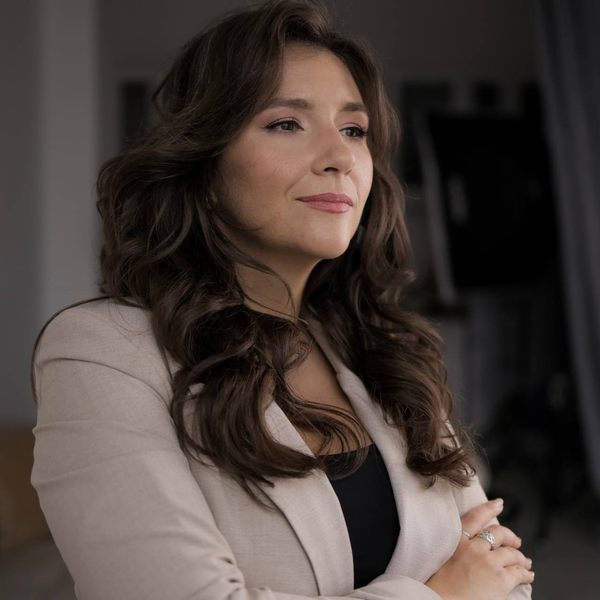
Психотерапевтка Ольга Голубицька: «Ти є людиною, яка варта уваги».
Традиції — це те, що формує ідентичність спільноти, але водночас може визначати межі, які складно перетнути. У ромській спільноті звичаї мають величезну силу: вони захищають та підтримують, але іноді — можуть стримувати розвиток особистості та формування самооцінки, особливо у жінок. У рамках нещодавнього Тижня ментального здоров’я ми поговорили з психотерапевткою Ольгою Голубицькою про розвиток самосприйняття і те, як культурні норми, роль сім’ї та громади впливають на психологічний стан ромських дівчат і жінок.
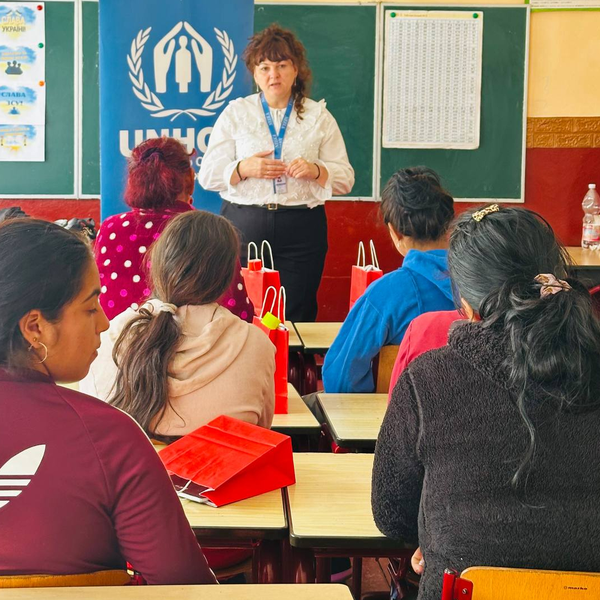
Другий шанс на освіту. Або як працюють інтеграційні центри для ромів
«Ідея інтеграційних центрів, що поєднують освітній, культурний і правовий компоненти — це другий шанс на освіту», — зазначає Роман Бігунець, менеджер проєкту NEEKA UKRAINE. В інтерв’ю для «Жянес» він розказав про діяльність інтеграційних центрів для ромів на Закарпатті, роботу швейних цехів та правову допомогу особам, які не мають паспорта громадянина України і свідоцтва про народження.
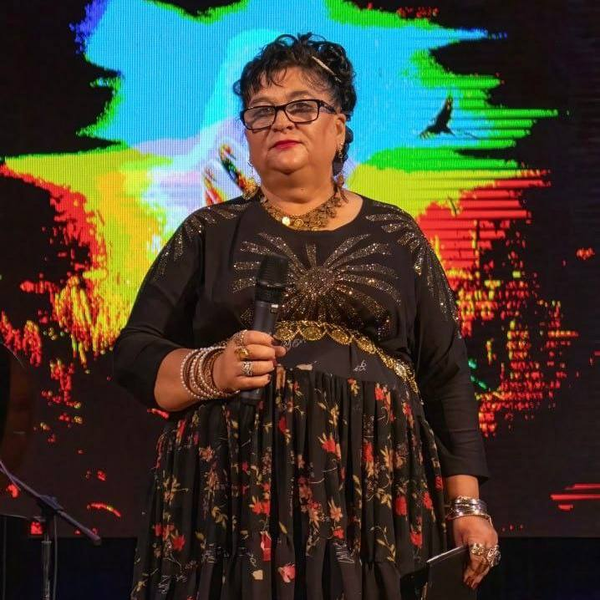
Ромська активістка Галина Сіладі: «Для мене поезія - спосіб життя»
«Мова – це головне. Я хочу її повернути, щоб вона збереглася». На цьому наголошує громадська активістка, заступниця голови громадської організації «Терне Рома», поетеса Галина Сіладі. Про історію створення громадської організації «Терне Рома», громадську роботу, поетичне натхнення та ставлення до ромів у суспільстві активістка розповіла в інтерв’ю для «Жянес».
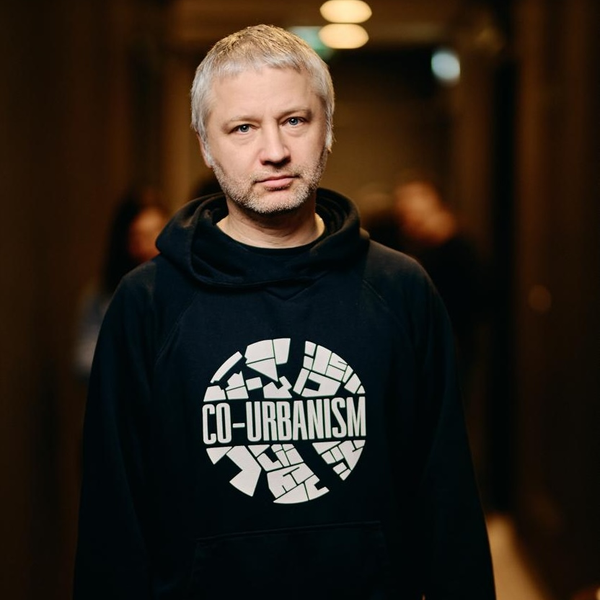
Соціолог Микола Гоманюк: «Скажи, хто такі рома – і я скажу, хто ти»
«Ми зараз в нашому центрі працюємо над дослідницьким підходом, який ми назвали «ромською перспективою», – каже кандидат соціологічних наук, доцент кафедри географії та екології, співкерівник Українського центру ромських студій при Херсонському державному університеті Микола Гоманюк. В інтерв'ю для «Жянес» науковець розповів про соціологічні дослідження ромських спільнот, як ставлення до ромів віддзеркалює саме суспільство та розкриває його зрілість, а також проаналізував як працюють державні програми підтримки ромів.

Шанси на освіту, працевлаштування та гідне життя для ромських жінок
«Коли я виросла і побачила, що щось може змінитися, то зрозуміла, що можу стати людиною, яка буде допомагати іншим», — каже регіональна координаторка ГО «Голос Ромні» Ольга Ковальчук. В інтерв'ю для «Жянес» жінка розповіла про свій шлях активістки, чому ромські жінки, особливо дівчата, не мають гідного та рівного доступу до освіти, які програми щодо посилення економічної спроможності ромських жінок вдалося реалізувати останнім часом в Україні, та які зміни необхідно впровадити у суспільстві для поліпшення цього процесу.
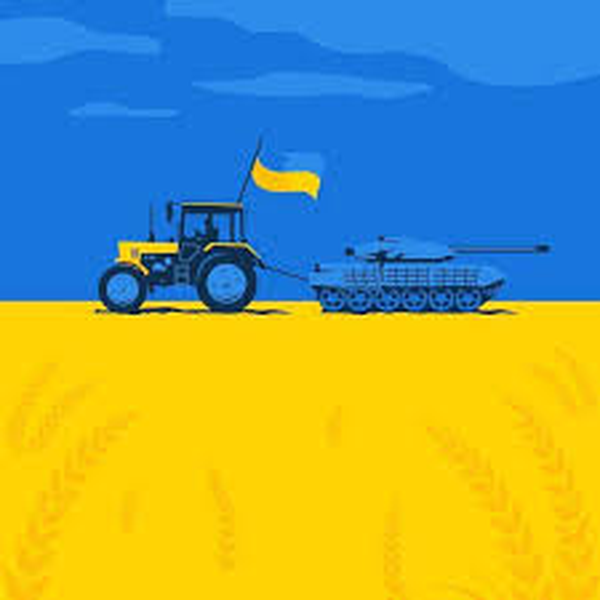
Медіавплив однієї історії: роми, танк, війна і суспільне сприйняття
Пригадуєте історію, що сталася на початку повномасштабного вторгнення росії в Україну, коли роми вкрали ворожий танк? Наскільки історія правдива, як її сприйняла сама ромська громада і українське суспільство загалом та який медіаефект вона викликала? Ці питання розглянули Микола та Януш у своїй статті «Від поцупленого цвяха до викраденого танка». Матеріал дослідників відзначений в категорії «Спеціальна нагорода від журі» на Міжнародному журналістському конкурсі Journalist Exellent Award 2025 «Ethnical media reporting on Roma».
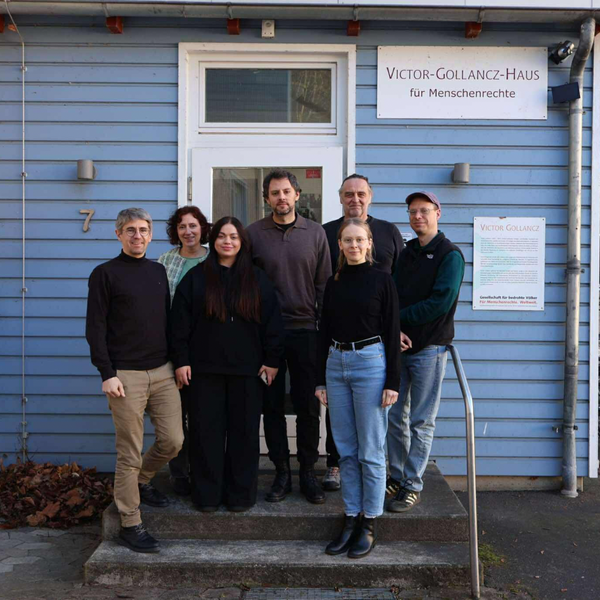
AURA об’єднує: ромська ініціатива з українським корінням у Німеччині
Національні спільноти завжди були вразливими. А у воєнний час викликів ще більше. Роми — серед них. І навіть рятуючись від війни, вони часто не рятуються від упереджень. У нових країнах — нові виклики: мовний бар’єр, статус біженця, складнощі з житлом, документами, освітою для дітей. І все це — помножене на стереотипи, які кочують з країни в країну. Саме тому виникла потреба у власному голосі. Так з’явилася AURA — громадська організація ромів і українців у Німеччині.
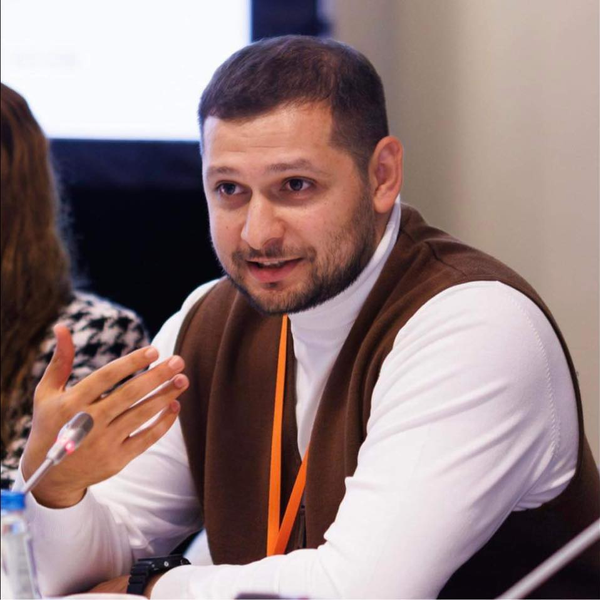
Вижили і змінились: Юліан Кондур про ромський правозахист й дорослішання суспільства під час війни
Юліан Кондур — координатор Ромського жіночого фонду «Чіріклі» та новий президент Правозахисного Ромського Центру в Одесі. Він прийшов на цю посаду не як функціонер, а як частина спільноти, що роками бореться за рівні права та можливості в Україні. У цьому інтерв’ю говоримо про шлях від виживання до впливу, мову ненависті, співпрацю з ЛГБТ-організаціями та про те, як змінюється суспільство, що вчиться бачити — і чути.

Інший – не означає ворог. Як змінити ставлення до ромської громади?
Продовжуємо розмову з Яною Брензей – журналісткою і свідомою громадянкою. Етнічна українка почала працювати з ромами. Яка вона бачить проблематику та її розв’язання? Як проблеми ромської спільноти перегукуються із загальноукраїнськими викликами та чому робота з ромами – це робота для всієї країни? Читайте в другій частині інтерв’ю.
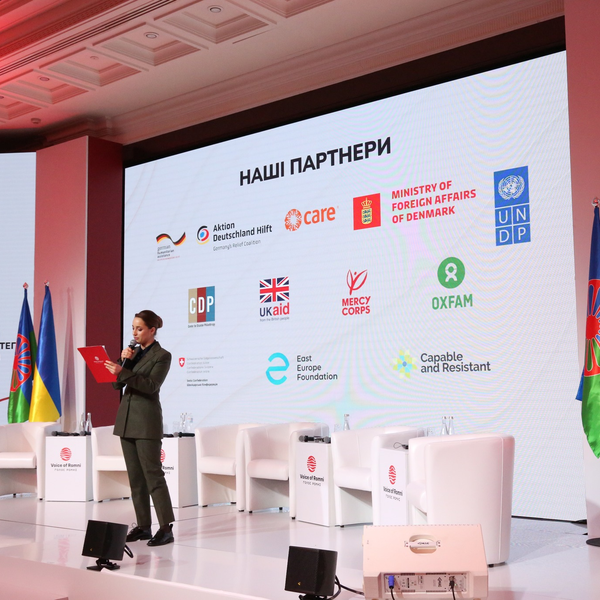
Roma people in Ukraine: ‘heroes’ of criminal reports or full-fledged citizens?
The problems of the Roma community are not disappearing, but only getting worse. War, humanitarian crisis, lack of access to education and employment - all these challenges have become even more acute. This was discussed at the “National Forum on Roma Strategy Implementation. Valuing Diversity”, which brought together activists, politicians and international partners in search of ways to an equal society. The panel discussions were moderated by Yana Brenzey, a journalist at STB TV channel, co-author of the project “Palaye!” and a public activist. Read the first part of the conversation.
Also in this section:
- AURA: платформа для самоорганізації і захисту прав ромської спільноти за кордоном
- Ромські активісти – про новорічні та різдвяні традиції
- Репортажистка Єва Райська: «Через звичайні людські історії я хотіла показати глибші процеси».
- Новий центр підтримки ромів у Сумах: хто отримає шанс на освіту
- Письменниця Тімея Шрек: «Життя так склалося, що повертаюся до коренів».
- Танцівниця Вікторія Чорна: «Саме ромський танок допомагає людям просто вижити»
- Громадські активісти і дослідники — про ромську мову, перспективи розвитку та загрози
- Лінгвіст Михайло Ослон: «За свої мови носіям зазвичай доводиться боротися самотужки».
- Музикант Віллі Пап-молодший: «Американський джаз або ромський джаз...»
- Художник Тиберій Йонаш: «У моїх планах відкрити величезний центр у ромській громаді»